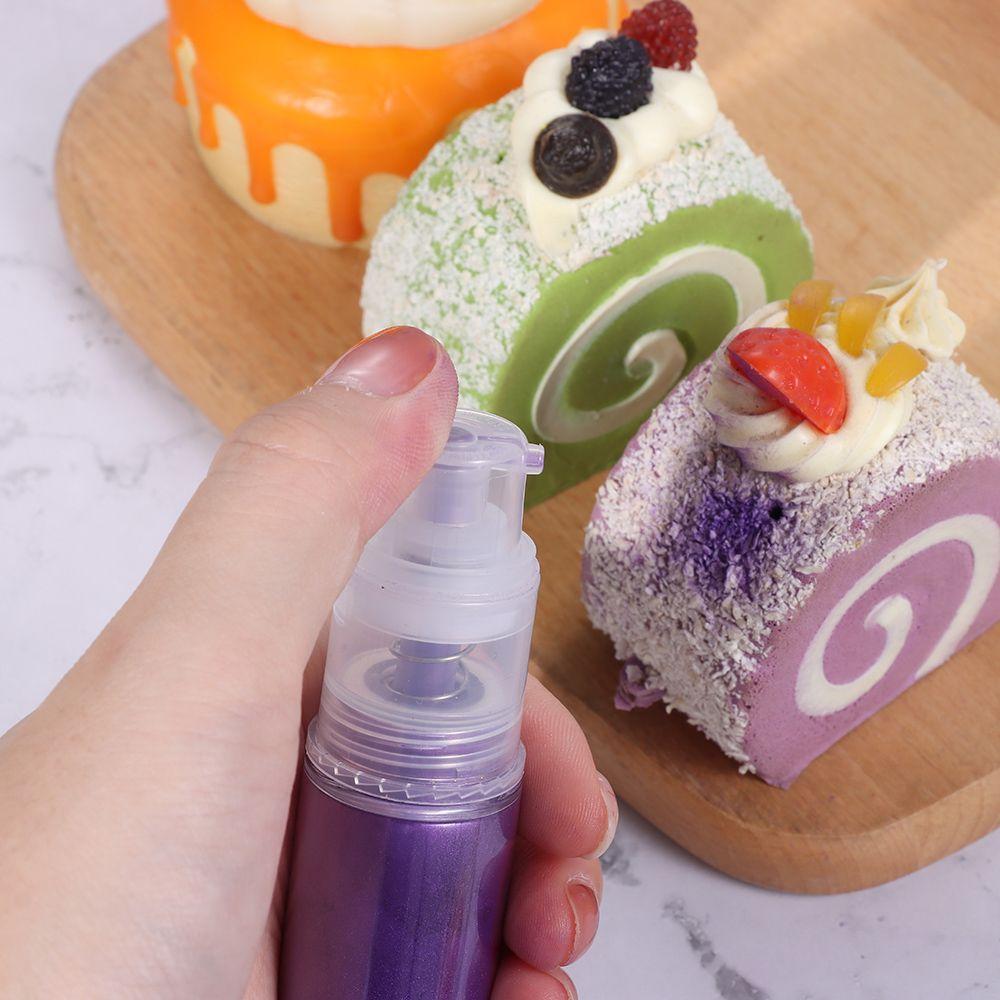This is an introduction to the topic of APEEL, a spray coating developed to extend the freshness of fruits and vegetables, approved by various governments, including the US, for human consumption. Marketed as a plant-based protective layer, it aims to mimic the natural cuticle of plants, reducing water loss post-harvest.
In reality, APEEL is made from proprietary chemicals, including mono and diglycerides derived from heavily processed seed oils. These oils undergo rigorous chemical treatments involving solvents and high heat, potentially leaving residues like trans fats, linked to health risks such as cardiovascular disease and inflammation.
Despite FDA’s “Generally Recognized as Safe” (GRAS) classification, which typically applies to longstanding safe ingredients like salt and sugar, APEEL’s approval lacks transparency and independent safety evaluations. Its use extends to both conventional and organic produce, contrary to organic standards mandating chemical-free practices.
The formulation’s ingredients, including citric acid and baking soda, also raise concerns. Citric acid, predominantly synthetic and derived from black mold fermentation, lacks comprehensive safety studies. Baking soda, used to neutralize stomach acid, can disrupt digestive processes, potentially leading to nutrient deficiencies and gastrointestinal issues.
Furthermore, APEEL is registered as a pesticide by the EPA, primarily due to its fungicidal properties derived from ingredients like citric acid. This classification prompts caution, especially regarding its widespread application on fruits and vegetables without clear consumer awareness or labeling requirements.
Consumers are urged to consider the implications of APEEL’s use, emphasizing the importance of informed food choices. Understanding the origins and potential risks associated with food additives can empower individuals to prioritize health-conscious decisions, including supporting local farmers and seeking produce with minimal chemical intervention.
